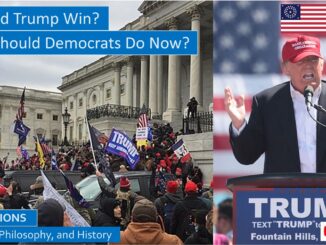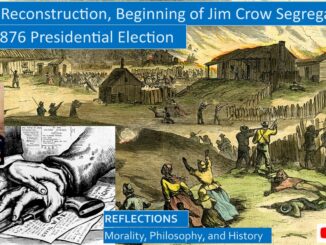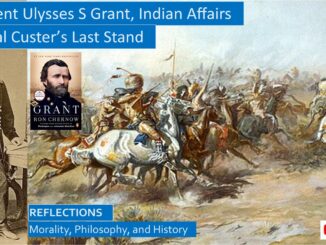
Why Did Trump Win? What Should Democrats Do Now?
Trump’s only path to victory in 2024 was to continue stirring up the hate and prejudice that won him the election in 2016. Simply put, more Americans approved of Trump’s divisive message than disapproved. Trump’s question to black journalists: When did Kamala Harris turn black? may have been more calculating than it seemed. Since Kamala Harris could pass for white, Trump wanted to hammer home the message to his base that Harris was as black as a burnt black kettle.
In this past election, we learned that many older white voters who will vote for an old boring white guy will never vote for a younger black woman, whether she could pass for white or not. Joe Biden won in 2020 because he was an old boring white guy with significant support from black voters. Unfortunately, in 2024 black and liberal voters did not turn out in sufficient numbers to tip the balance. My gut feeling is that a Tim Waltz-Kamala Harris ticket would have won, but that was a political impossibility given the short time frame needed to swap the candidates. After Biden’s disastrous debate performance, he was not seen as a winner.
Again, do not forget that half the country lives in the news bubble dominated by right-wingnut media, including Fox News, Newsmax, Breitbart, Steve Bannon’s podcast, and Alex Jones, that lie with abandon. […]



